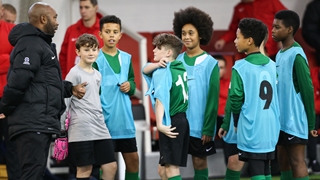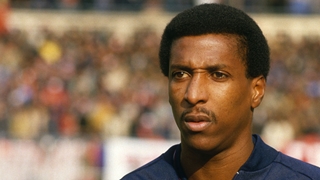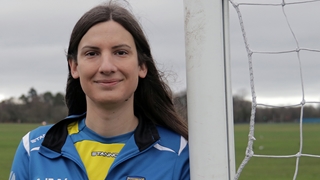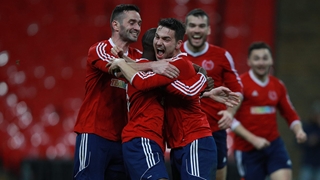
In keeping with its title, it’s been a year of progress against the majority of targets set out in ‘In Pursuit of Progress’, our three-year Equality, Diversity and Inclusion Plan published 12 months ago.
Our year one review of the plan kicks-off with the topline figures of our own diversity. These show that female employees now account for 34% of the staff – well on track for the 2021 36% target. Meanwhile, although the BAME employee figure is down by one percentage point to 12% due to a number of restructures, we remain confident that the 2021 target of 16% will be reached.
Although there is much still to do, our gender pay gap is the smallest of any major sports governing body in England. There’s more detail on this on page six of the overall review.
In addition to our internal focus, work continues apace to encourage greater equality, diversity and inclusion across the game. For example, for every national team role vacancy at least one BAME candidate has been interviewed, where a suitably-qualified BAME candidate applied.
And year one of our Elite Placement Coaching Programme has provided invaluable camp-based coaching opportunities for under-represented groups within the national men’s and women’s senior teams
We've also stepped up our programme to encourage people from Asian communities to get involved in football. This is embedded into our ‘Bringing Opportunities to Communities Phase 2’ strategy, about which you can read on page 12 of the review.
There's also been increased support for LGBT+ people through football. A highlight from the last 12 months has been the wide-ranging support for the Rainbow Laces campaign, featuring a match last November at Wembley Stadium between Stonewall and Wilberforce Wanderers AFC – the first non-League seasonal fixture held at the world-famous stadium.
As the country’s largest sporting governing body, we have also stepped up our efforts to tackle discrimination across the game. We're determined to come down hard and swiftly on discriminatory behaviour.
Behind the scenes, we are constructing a more holistic picture of anti-discrimination across the grassroots game and how we in turn deal with incidents. We're also working to ensure the appropriate penalties and education programmes are in place throughout the game, including the professional level.
Our support for any England players who experience racist behaviour – such as that at the UEFA EURO 2020 Qualifier in Montenegro earlier this year – is robust and unequivocal. Pages 16 and 17 of the review contain more information on our work in this area.
The review concludes with a look ahead to key workstreams in the next 12 months as we continue to strive to make every aspect of the game safe, enjoyable and welcoming FOR ALL.









